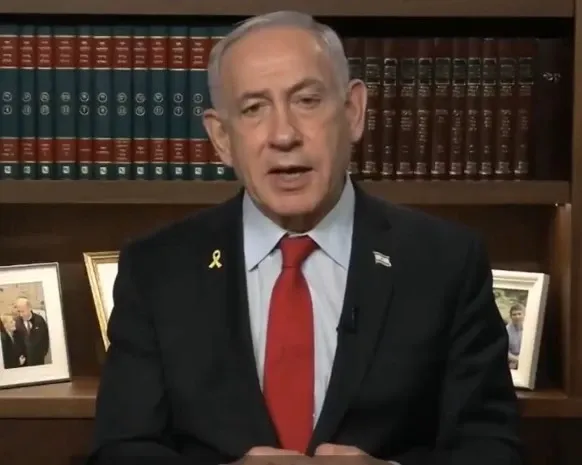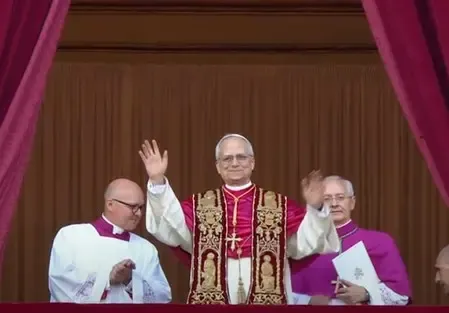Why Did Israel Reject Hamas' Ceasefire Proposal?

Synopsis
Key Takeaways
- Israel firmly rejects the ceasefire proposal from Hamas.
- Hamas is willing to negotiate a deal involving prisoner exchanges.
- Israeli leadership demands strict conditions for any ceasefire.
- The humanitarian situation in Gaza remains dire amidst ongoing conflict.
- Negotiations for peace are increasingly complex.
Jerusalem, Sep 4 (NationPress) Israel has turned down Hamas' suggestion for a comprehensive ceasefire agreement in Gaza aimed at halting the ongoing conflict, asserting that its military will persist in preparations for a significant offensive on Gaza City.
In a statement issued on Wednesday, Hamas reiterated its readiness to negotiate a "comprehensive deal" that would involve the release of Israeli hostages in exchange for a specified number of Palestinian prisoners currently held in Israel.
According to Hamas, this agreement would also encompass a permanent ceasefire, the withdrawal of Israeli forces from Gaza, the reopening of border crossings for humanitarian aid and vital supplies, as well as the initiation of reconstruction efforts, as reported by Xinhua news agency.
Furthermore, Hamas expressed its support for the creation of an independent national administration made up of technocrats to manage Gaza's civil affairs effectively.
In response, Israeli Prime Minister Benjamin Netanyahu dismissed Hamas' statement as mere "spin."
In a statement from his office, Netanyahu emphasized that Israel would only agree to conclude the war if Hamas accepts full Israeli security control over the Gaza Strip, the demilitarization of Hamas and Gaza, the establishment of a non-Palestinian administration, and the release of all hostages.
Israeli Defence Minister Israel Katz also dismissed Hamas' proposal, stating that the military is maintaining preparations "at full strength" to take control of Gaza City.
Katz warned that Hamas will "soon realize that it must choose between two paths: accepting Israel's terms to end the conflict — primarily the release of all hostages and disarmament — or witnessing Gaza face a fate similar to that of Rafah and Beit Hanoun."
After Hamas agreed to a proposal brokered by Qatar last month, Israel neither responded nor sought cabinet approval. Last week, Netanyahu indicated that while Israel would contemplate a comprehensive agreement, it is unlikely to be finalized in the immediate future.









